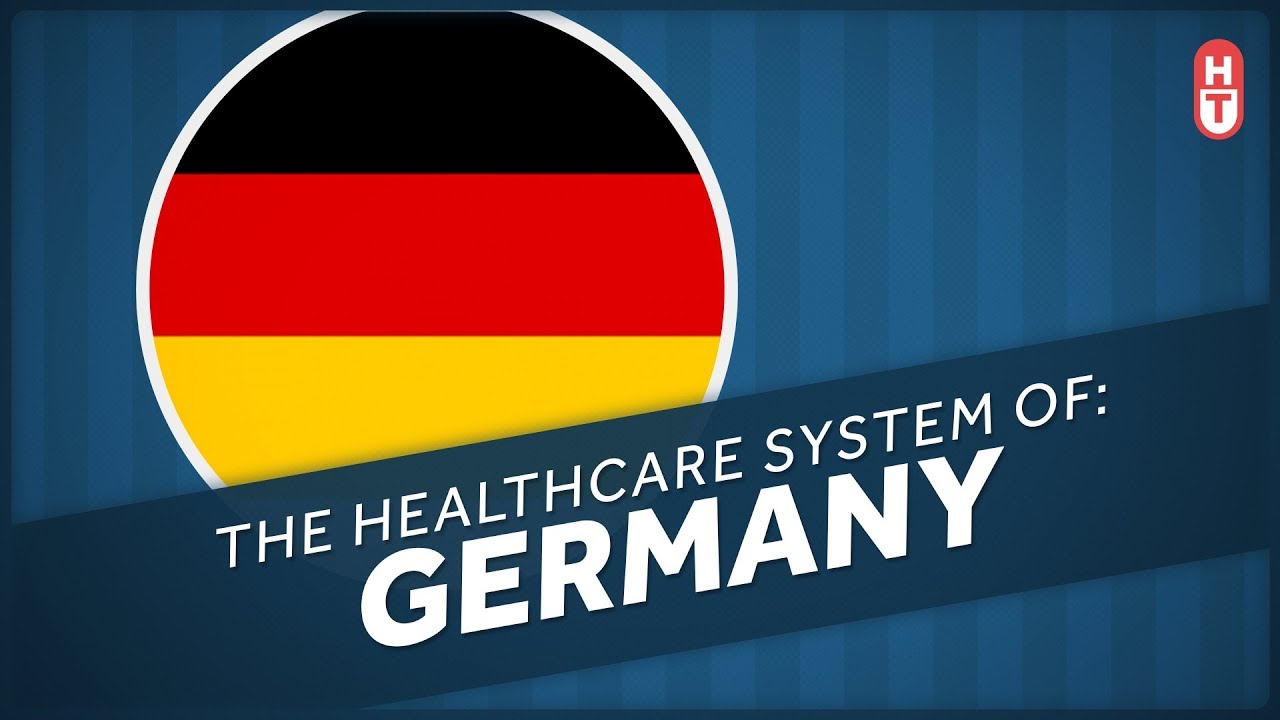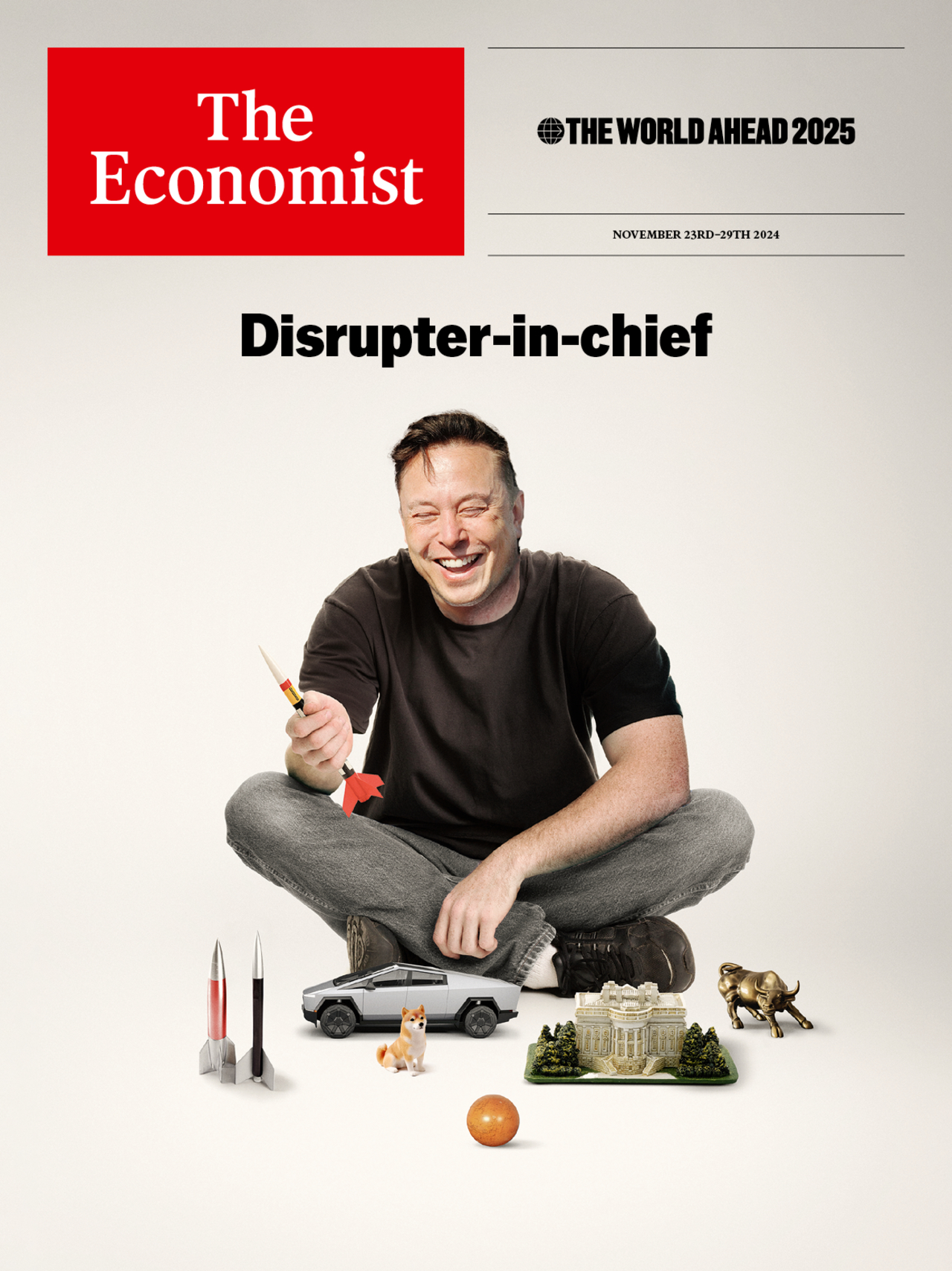
Doctolib: The French Start-up Struggling to Conquer Germany
Doctolib, a French start-up, has been a great success story in the French healthcare system. Founded in 2013 by Stanislas Niox-Chateau and his three co-founders, the software firm assists healthcare providers with administrative tasks, primarily appointment booking and management. Rather than having to contact practices directly, patients can use Doctolib to check availability and book medical appointments online.
 Healthcare technology is changing the way we access medical care.
Healthcare technology is changing the way we access medical care.
Doctolib is free for patients. Medical doctors pay a monthly subscription fee of €139 ($151; £120) to use the core product, with various add-ons and upgrades available. There are also separate packages for hospitals and other practitioners like physiotherapists. Already doing well by the time the pandemic hit, Doctolib benefited from the sudden boom in telemedicine, and partnering with the French government to facilitate the Covid-19 vaccine rollout made the company a household name in France.
The firm says it covers almost all of the French population, and it was valued at around €5bn during its last funding round in March 2022. Repeating that success in other markets has proved challenging. Doctolib expanded into Germany in 2016, but after eight years in the German market, the company has only recently begun to gain traction.
“There is no [one] German market entry,” says Nikolay Kolev, managing director of Doctolib Germany.
Each of Germany’s 16 federal states was a different market the firm had to adapt to. However, the complications that initially made it hard to get off the ground in Germany also protect established companies and make it difficult for new competitors to pose much of a threat.
 The German healthcare system is complex and fragmented.
The German healthcare system is complex and fragmented.
Dr. Carol von Wildhagen, a medical doctor and health venture partner at Munich-based Caesar VC, says existing closed systems in practices are also a major barrier to entry. “I can see how the big incumbents who traditionally produce practice information systems would be worried… they could become leapfrogged quickly because their systems are old, look old, feel old, and might be replaced by something cloud-based that focuses on user experience.”
“Home field advantage” makes a big difference for European start-ups, says Liam Boogar-Azoulay.
“I think home field advantage always plays a big role in the European start-up scene,” says Liam Boogar-Azoulay, who founded France’s bilingual startup blog, Rude Baguette, in 2011, and is now a co-founder at Waypoint AI. “Germans like buying from German companies, and I think that can’t be overstated. It’s the same for almost every country.”
Perhaps part of the reason for this reticence about non-German companies, and a hesitation to embrace digitisation more generally, is a belief that only a homegrown company will understand the German desire for high levels of data security. Doctolib’s 2022 acquisition of French data encryption startup, Tanker, may be a gesture toward setting data security-conscious minds at ease.
But Mr. Kolev doesn’t believe that data security is really why the German system has been slow to change. “The best available security and privacy should be our baseline if we really want to move this industry forward. So I don’t think that data privacy is the problem in the German healthcare market. I think it’s more the fax machines.”
 Fax machines are still widely used in German healthcare practices.
Fax machines are still widely used in German healthcare practices.
He’s not joking. A 2023 study by German digital advocacy group, Bitkom, found that 82% of German companies still use fax machines on a regular basis. In many cases, fax is the go-to method for sharing medical information.
Increasing digitisation has been on the German state’s agenda for a long time. Germany’s National Association of Statutory Health Insurance Physicians estimates that healthcare practices spend around 61 days per year on paperwork alone. Doctolib relies on the move away from paperwork to digital services.
“[Outdated tech is] not a problem that can’t be overcome. It’s just a barrier to adoption,” says Mr. Boogar-Azoulay. “I think just having the French tailwinds and having that market behind them, they’re gonna be able to throw money at the problem for a long time. It doesn’t have to be efficient. They can lose money in the German market for 10 years just to get over that barrier of fax machines.”















